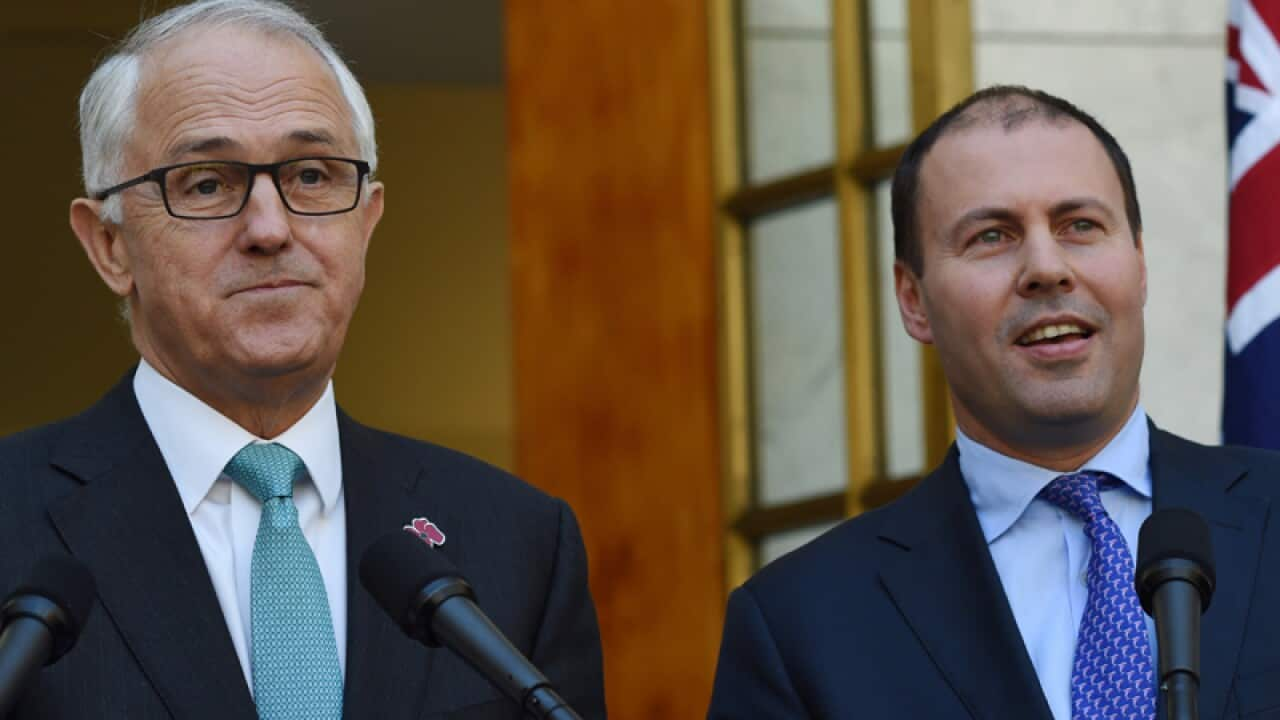The international community has reacted with disappointment to President Donald Trump’s announcement that the United States will withdraw from a global climate agreement inked by 195 countries last year – but not everyone’s upset by the move.
Backing for the decision has not only come from Republicans and Trump supporters, but also from some climate experts.
“I personally see it as a positive,” said Andrew Macintosh, Associate Director of the ANU Centre for Climate Law and Policy.
“If the Trump Administration had remained in Paris they would've been obstructionist and actually an impediment to progress – so now they’ve stepped out I think it's a positive.”
The international agreement pushed parties to make voluntary emissions reduction targets every five years, as well as pooling money into a green climate fund to assist developing countries to deal with climate change.
While Mr Macintosh isn’t a supporter of Donald Trump’s climate politics, he says it’s the Trump administration’s successful rollback of domestic climate regulations that will do the damage, not the withdrawal from the climate pact.
He describes the withdrawal of the world’s second largest emitter as “largely symbolic”.
Dr Luke Kemp, an Associate Lecturer at ANU, says the US has a record of doing more harm than good in global negotiations.
“The world has spent the last two and a half decades looking for climate leadership. Every time it has backfired,” he said.
“Both the Kyoto Protocol and Paris Agreement were watered down for the US. This is now a chance to forget about the US and for a critical mass of leaders to move ahead without them.”
Ann Carlson, Professor of Environmental Law at UCLA Law School, says that withdrawal may have been the most honest outcome.
“Ironically, I don't really think this changes anything,” she said.
“Trump had already signaled that he would not live up to the US commitments under the agreement.”
Professor Rosemary Lyster, Director of the Centre for Climate and Environmental Law at the University of Sydney, says the government has been cutting environmental regulations and slashing funding to climate science and environmental agencies.
“The Trump administration and the Republican Congress are currently engaged in very significant activities to wind back climate change regulation,” she said.
“This includes placing Scott Pruitt, a climate change denier, at the head of the Federal Environmental Protection Agency which has statutory authority for regulating climate change.”
Mr Pruitt was first to praise Mr Trump for his decision in prepared remarks immediately following the President’s announcement.
“America finally has a leader who answers only to the people – not the special interests who have had their way for much too long,” he said.
Professor Carlson – who said a decision to stay in the framework would “give [Trump] cover to appear to be more reasonable than his domestic environmental policies on the ground deserve” – described today’s announcement as “window dressing”.
“Under the Paris Agreement, the US, or any party, cannot withdraw for three years plus another year after notification,” she said.
Those timelines would put off actual withdrawal until after the next US presidential election.
“The big question going forward – and, frankly the big question since Trump's election – is whether US leadership is necessary to continue ratcheting emissions down.”
She says that even if countries met their current emissions commitments, it wouldn’t be enough to stop unsafe temperature rises.
“The promise of Paris is that it puts us on a path to emissions reductions with the hope that countries will tighten their commitments every few years.”
“The fact that the US is unwilling to do so could mean that the resolve of the global community is weakened.”
At the moment, however, resolve appears strong.
China and the European Union, the world’s first and third largest emitters, plan to release a joint statement.
“The EU and China consider climate action and the clean energy transition an imperative more important than ever,” a draft obtained by CNN says.
“[The parties] commit to significantly intensify their political, technical, economic and scientific cooperation on climate change and clean energy.”
But not all experts are dismissive of President Trump’s announcement.
“Withdrawing from the Paris climate deal is a statement against the planet and against humanity,” said Katrin Meissner, Director of the Climate Change Research Centre at UNSW.
“It is incomprehensible that a powerful, wealthy country with a rich history of scientific discoveries denies basic science and does not acknowledge the devastating consequences their actions will have on the entire planet.”













